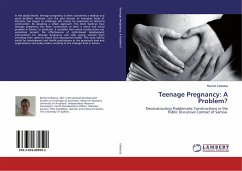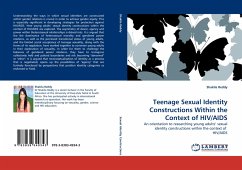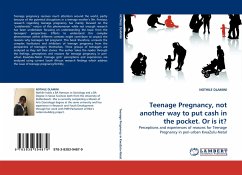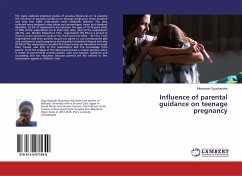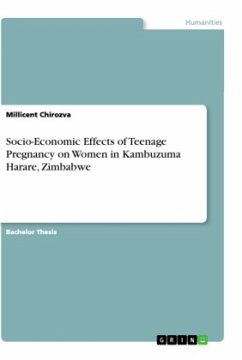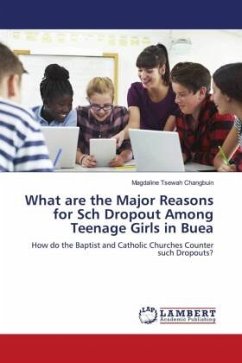In the global North, teenage pregnancy is often considered a medical and social problem. However, over the past decade an emergent body of literature has begun to challenge this notion by examining its historical construction. By adopting a similar approach, this book explores how teenage pregnancy has been constructed as both a moral and social problem in Samoa. In particular, it considers how moral constructions can sometimes prevent the effectiveness of rights-based development interventions for teenage pregnancy and stop young women from exercising their rights to sexual and reproductive health. This work will be useful for development and health practitioners at the grassroots level and organisations and policy makers working at the strategic level in Samoa.
Bitte wählen Sie Ihr Anliegen aus.
Rechnungen
Retourenschein anfordern
Bestellstatus
Storno

